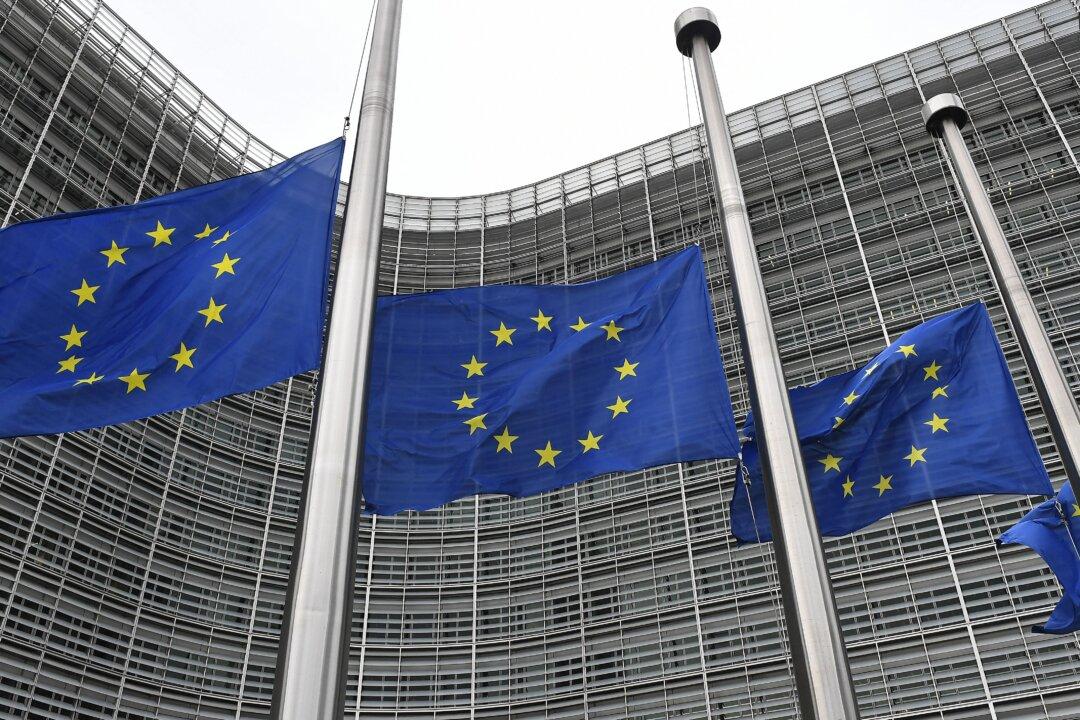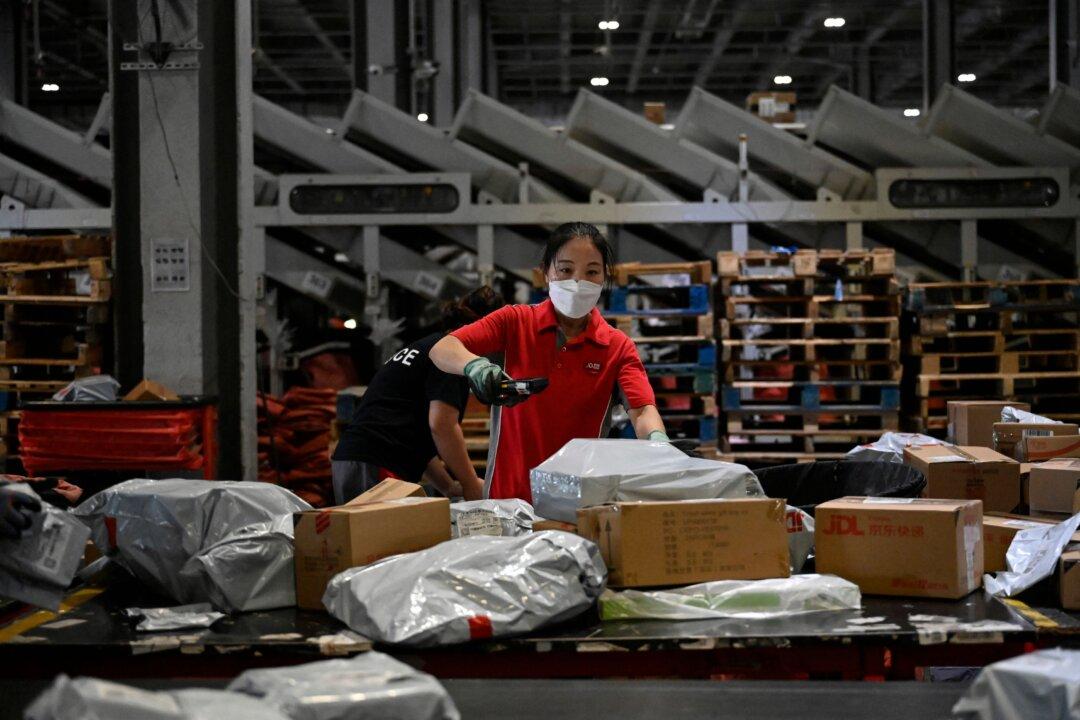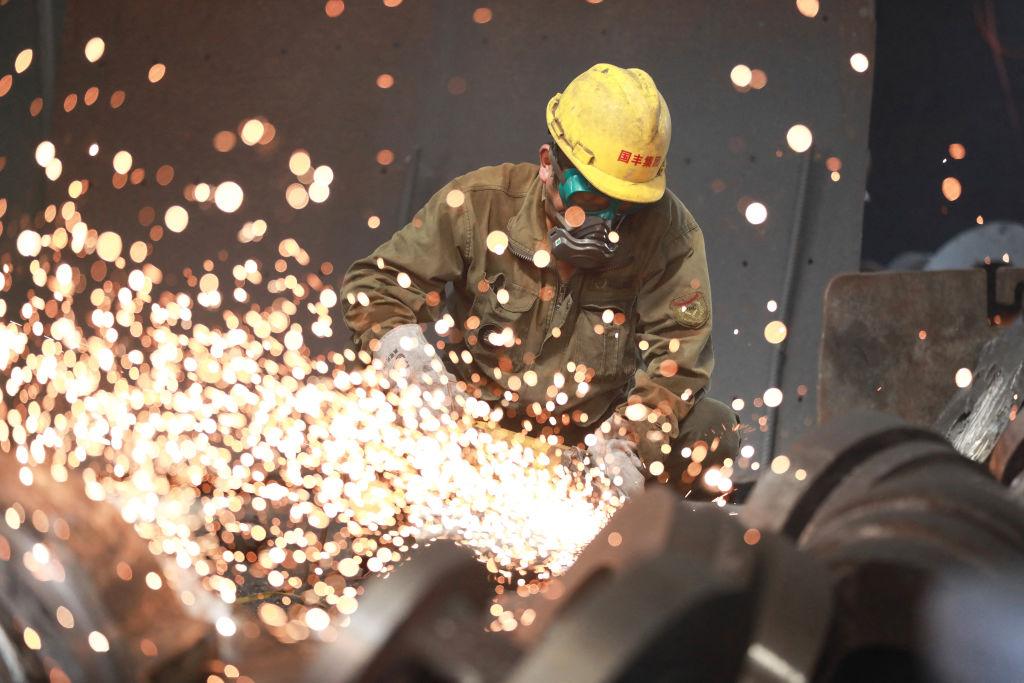Allegations of biodiesel dumping from China into the EU market, which the bloc’s industry claims has reduced domestic output, prompted the European Commission to initiate an investigation on Dec. 20.
If dumping is confirmed and found to be damaging EU producers, the commission may take measures, likely imposing import tariffs to mitigate the effects of “unfair trading” if these measures are in the best interests of the EU, the commission said. The EU biodiesel industry is worth €31 billion ($33.92 billion) per year, providing a renewable alternative to fossil fuels in the EU’s transportation sector and increasing the EU’s energy security.





